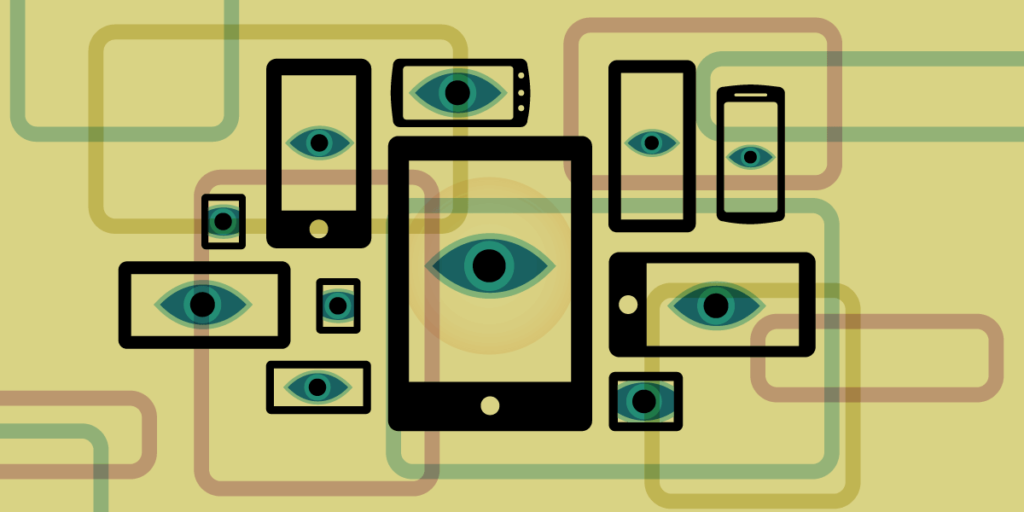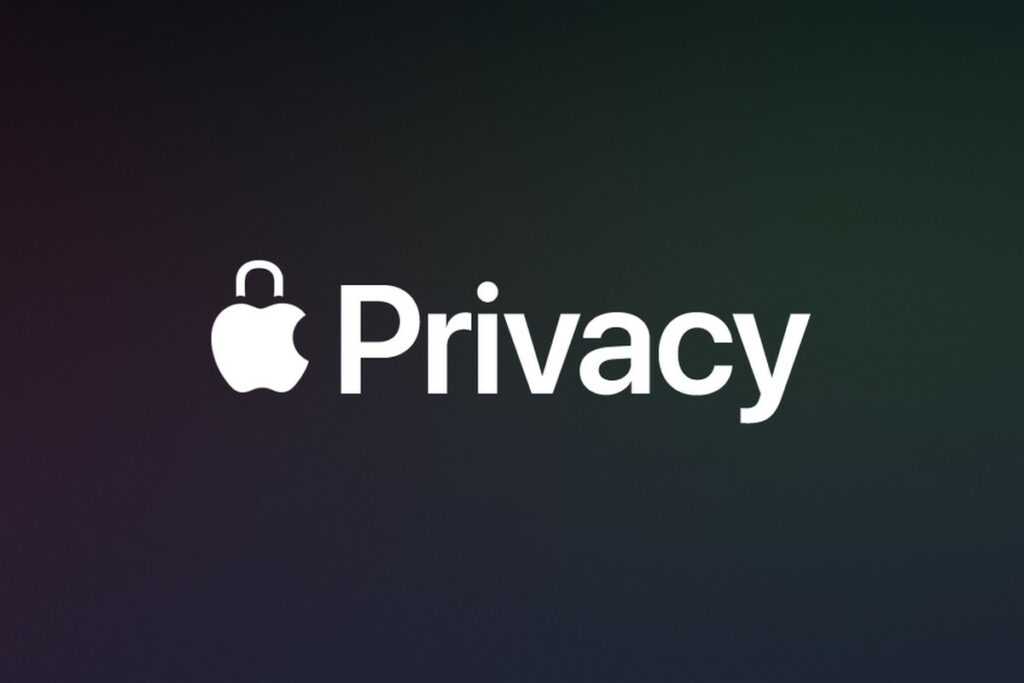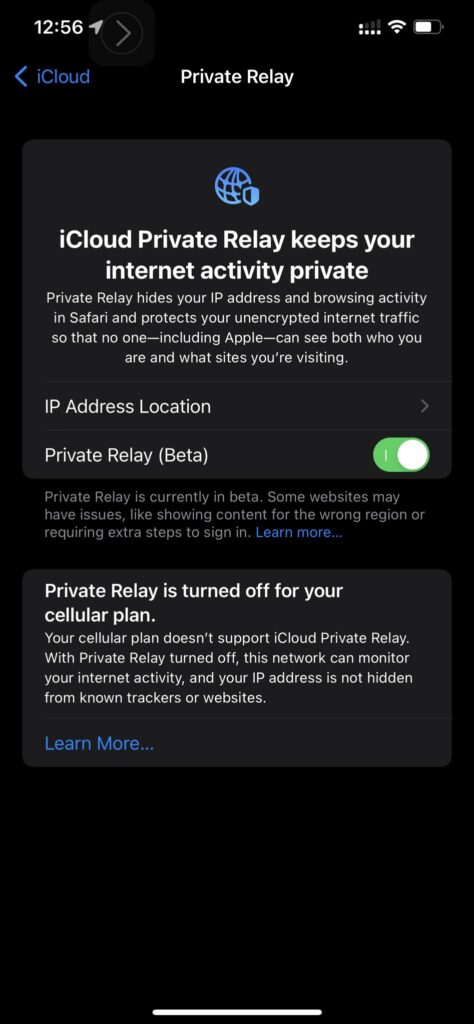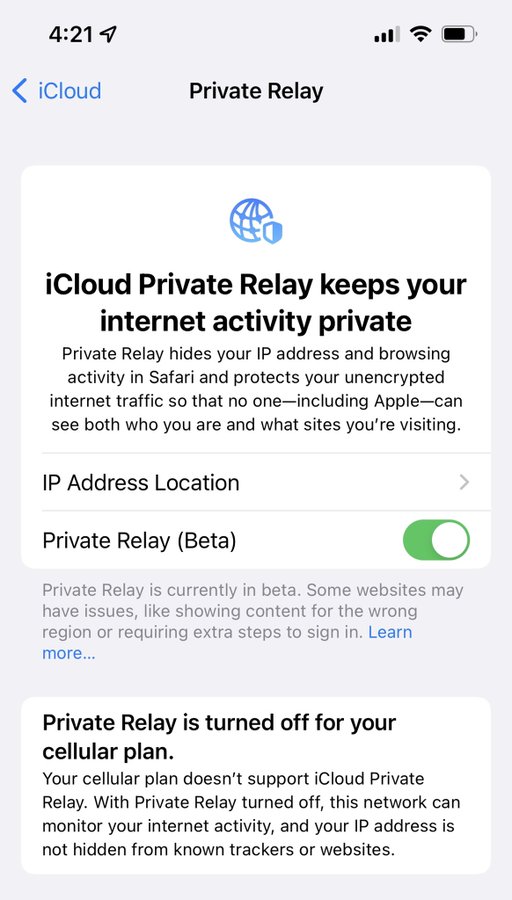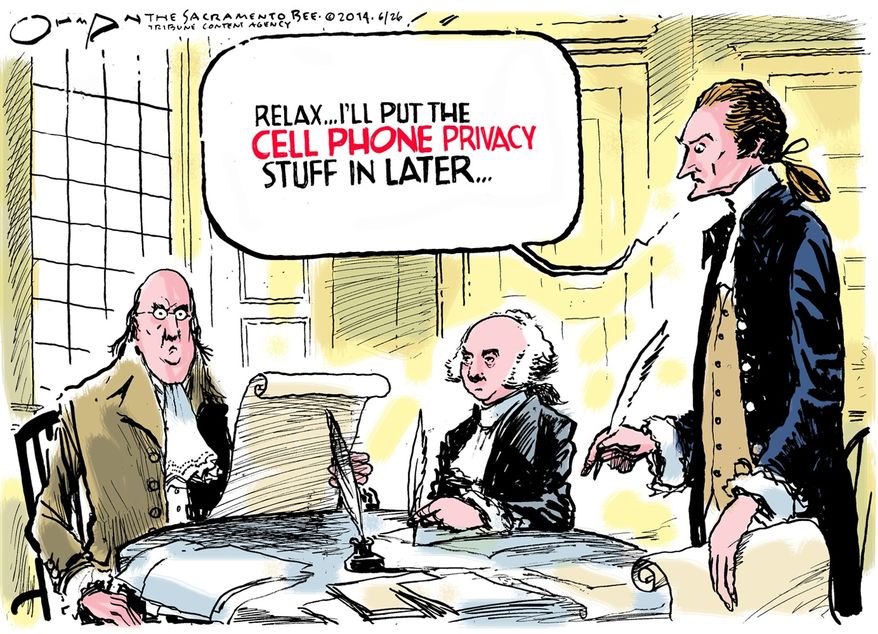On January 11, 2022, the European Court of Human Rights (ECHR) ruled that Bulgaria’s laws on secret surveillance violated its citizens right to privacy under Article 8 of the European Human Rights Convention. Furthermore, when citizens asked about whether they had been subjected to surveillance, they received an insufficient response. Because of this, Bulgaria must amend its domestic laws in order to comply with the European Human Rights Convention. This is a somewhat fortunate event, in that action was taken to ensure Bulgaria’s surveillance methods and laws surrounding surveillance were called into question and forced to change to ensure better transparency. This however, isn’t always the case.
During the George Floyd protests in San Francisco, police illegally used surveillance cameras to monitor protestors. This was illegal because in 2019, San Francisco passed a landmark ordinance that banned the SFPD and other city agencies from using facial recognition and needing approval to use other surveillance technologies. Currently, a few groups have taken the SFPD to court (these groups include the Electronic Frontier Foundation; a leading non-profit that defends digital privacy, free speech, and innovation, and the ACLU of Northern California). The lawsuit is ongoing, but this is an example of non-profit groups and the public having to step forward and take action against an authority for the misuse of surveillance, rather than an already established court or governing body (like the ECHR). So then, what do we do? I can’t help but always think of these questions; How much surveillance is too much and how can we ensure our governments and authorities are using it in our best interests and not totally abusing their power?
This idea of “how much is too much” is always an interesting topic of discussion. I think a lot of us would agree, surveillance is important in our society. It helps to prevent crime, and most of the time, surveillance does a good job at this. But I also think that a lot of us would agree that where things get out of hand is when authorities and figures of power try to push the boundary just a bit further. I think Dr. Benjamin Goold wrote it best:
“… we know that there is too much surveillance when citizens begin to fear the surveillance activities of the state, and no longer feel free to exercise their lawful rights for fear of unwanted scrutiny and possible censure.”
The other question is then, how to we keep government agencies and authorities accountable for their use of surveillance technology? One could suggest the use of laws to help regulate the use of these technologies, but depending on where you are in the world, this might not work out as intended, as we saw with the case in the George Floyd protests. Thankfully however, we have plenty of advocacy groups that we as citizens can lean on to help keep these governing bodies accountable, though it would seem like it is a constant battle no matter where you are.
I’ve only just skimmed the surface of the surveillance vs privacy debate, there almost seems to be an infinite number of angles and layers as to which we can approach this subject. So, I’ll leave the question with you; How much surveillance is too much, and what can we do to keep governments and authorities accountable for their use of surveillance technology?
References:
https://www.jurist.org/news/2022/01/echr-rules-bulgaria-surveillance-laws-violate-human-rights/
